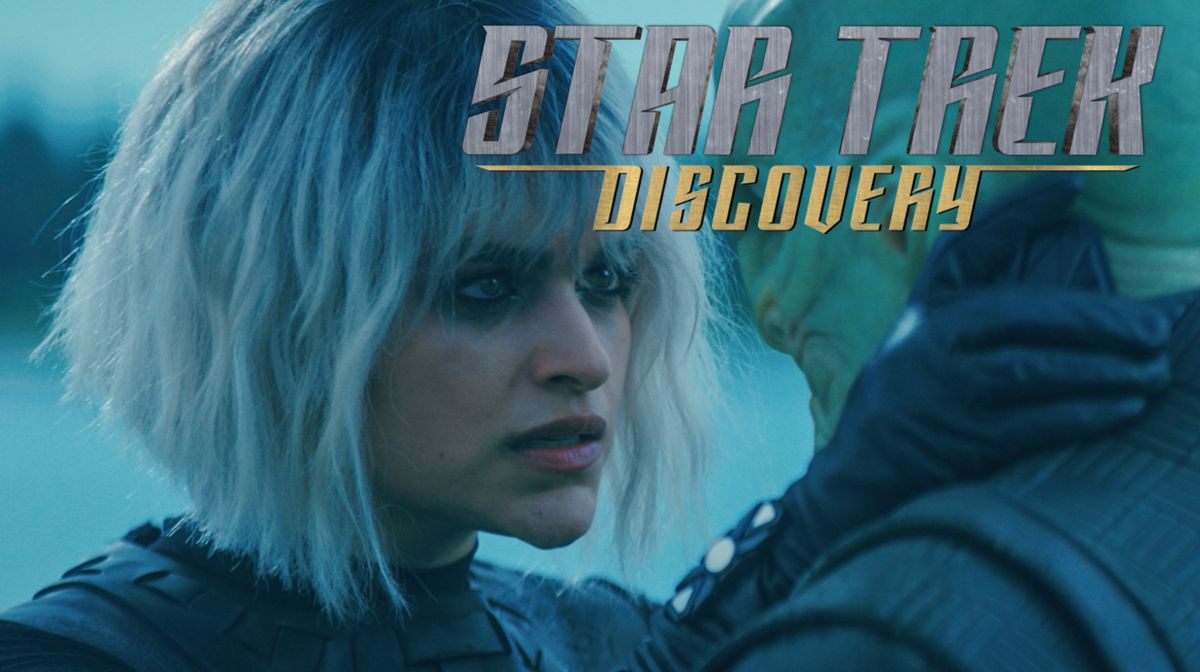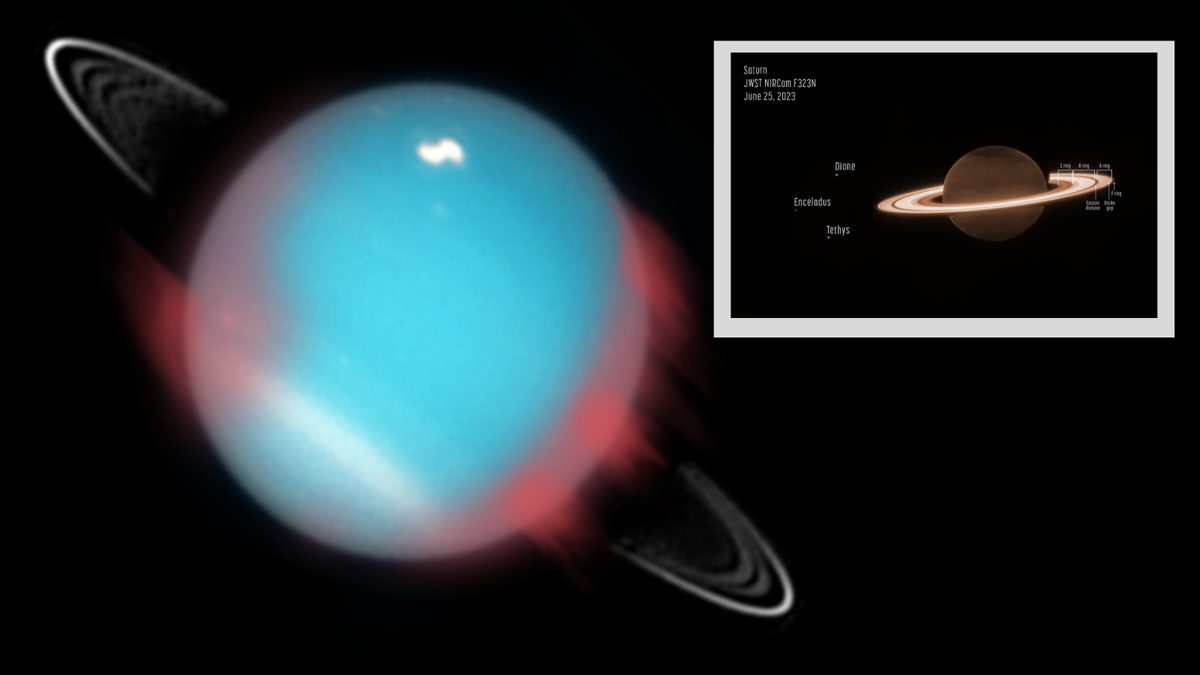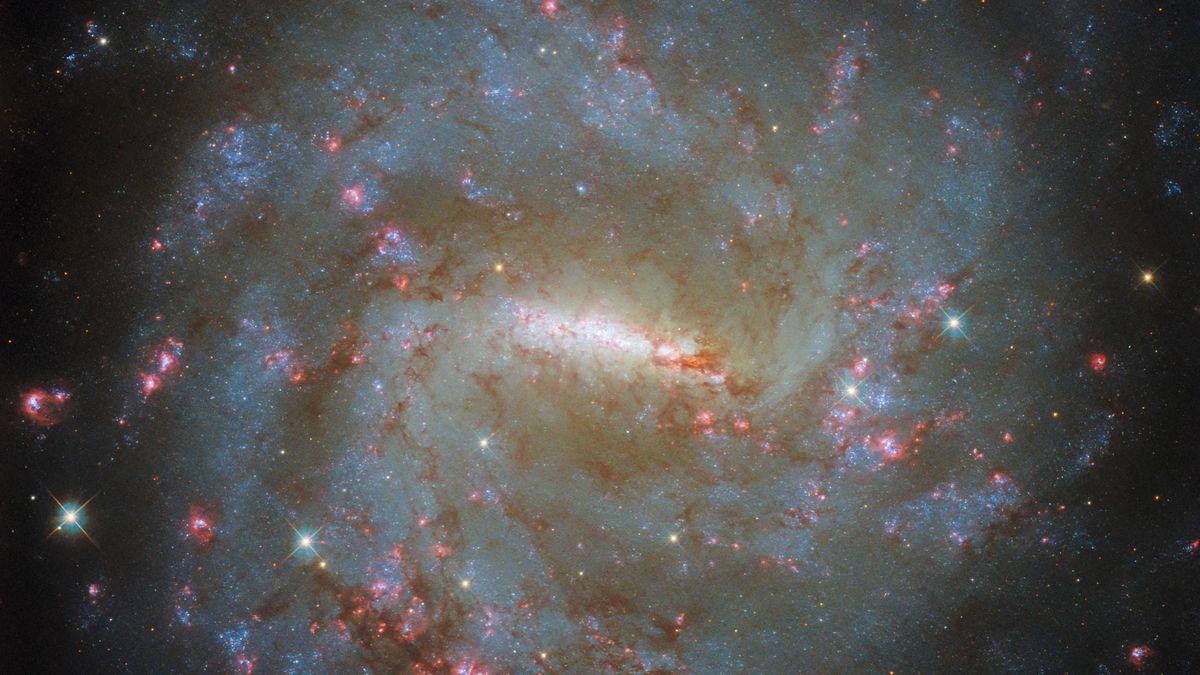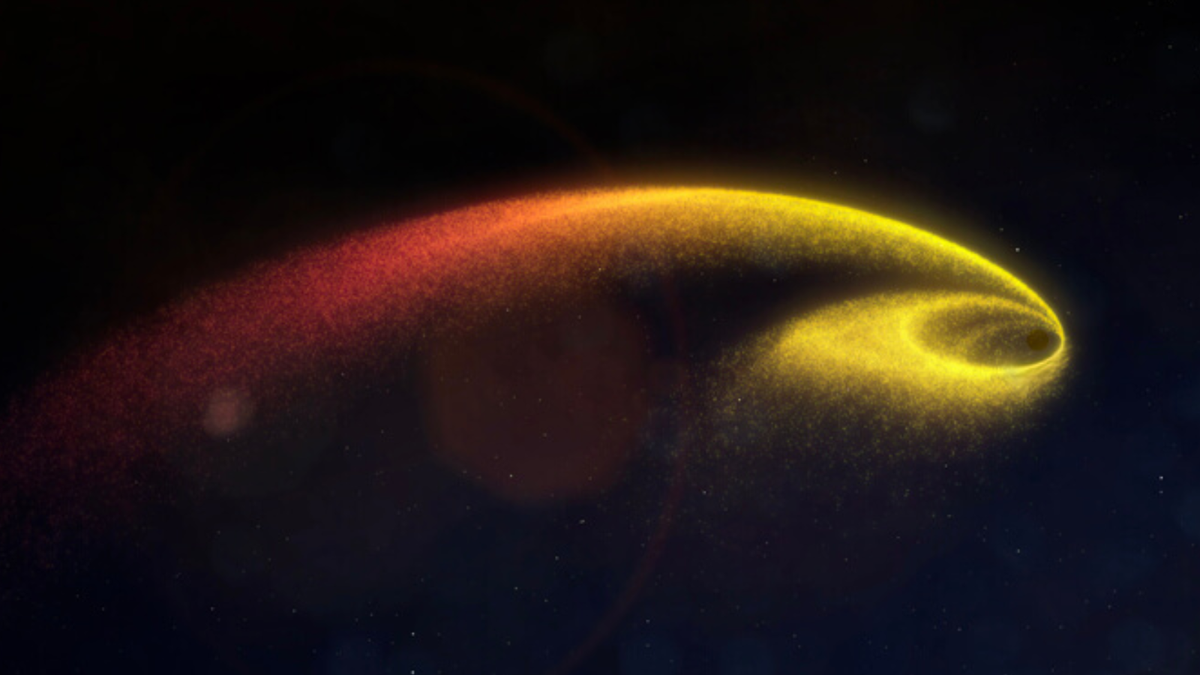“Star Trek: Discovery” Season 5, Episode 4 Review and Analysis
With the recent announcement of the conclusion of “Star Trek: Lower Decks” after its current season, the focus now shifts to “Strange New Worlds” as the sole remaining Nu-Trek series currently broadcasting on television. This development comes with implications for dedicated fans of “Discovery,” as reliance on physical media may become essential in light of uncertainties surrounding the series’ future.
Following expectations of the next season of “Strange New Worlds” next year, the airing of episode four, titled “Face the Strange,” has captured attention as the pinnacle of the fifth season. The nostalgic journey through the show’s history, encapsulated within a 60-minute time-travel-themed arc, serves as a reflective tribute to the series’ evolution over the years.
The meticulous crafting of this episode raises intriguing questions about the creative process behind its inception, particularly in assessing the timing of informing the cast and crew about the show’s impending conclusion. The seamless integration of elements from previous seasons into a single narrative showcases a masterful blend of storytelling and continuity.
The Concept of the “Time Bug”
The introduction of the innovative Time Bug as a narrative device offers a unique mechanism for exploring the complexities of time manipulation within the storyline. The selective utilization of this concept to navigate temporal challenges exemplifies the writers’ commitment to delivering a coherent and engaging plot.
Noteworthy is the adept handling of character interactions, including pivotal moments such as Michael Burnham’s initial integration into the USS Discovery and encounters with significant events like the Red Angel saga and the conflict with Control. These revisitations serve as touchstones for long-time viewers, enriching the overall viewing experience.
The Impact of the Show’s Conclusion on Narrative Development
As speculation abounds regarding the implications of the series’ impending conclusion on its narrative arc, viewers are left to ponder whether the remaining episodes will culminate in a fulfilling resolution or steer towards a prolonged epilogue. The foresight granted by advanced knowledge of the show’s fate presents a dual challenge and opportunity for the writing team.
Amidst the engaging scenes and character dynamics, standout moments such as the confrontation between Burnham’s past and future selves demonstrate the show’s ability to blend action with introspection. The attention to detail in recreating the original Discovery bridge ensemble and nostalgic references further enhances the episode’s nostalgic charm.
In conclusion, while “Face the Strange” may not propel the overarching plot forward significantly, its role in fostering character growth and maintaining thematic consistency remains commendable. The looming question of how subsequent episodes will navigate the series finale lingers, promising further intrigue and speculation among fans.
Image/Photo credit: source url





